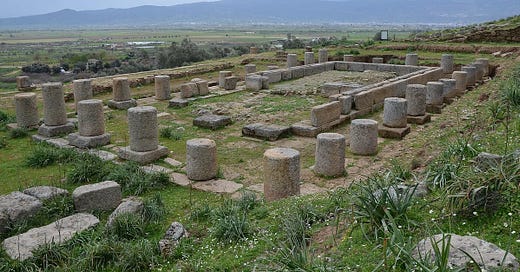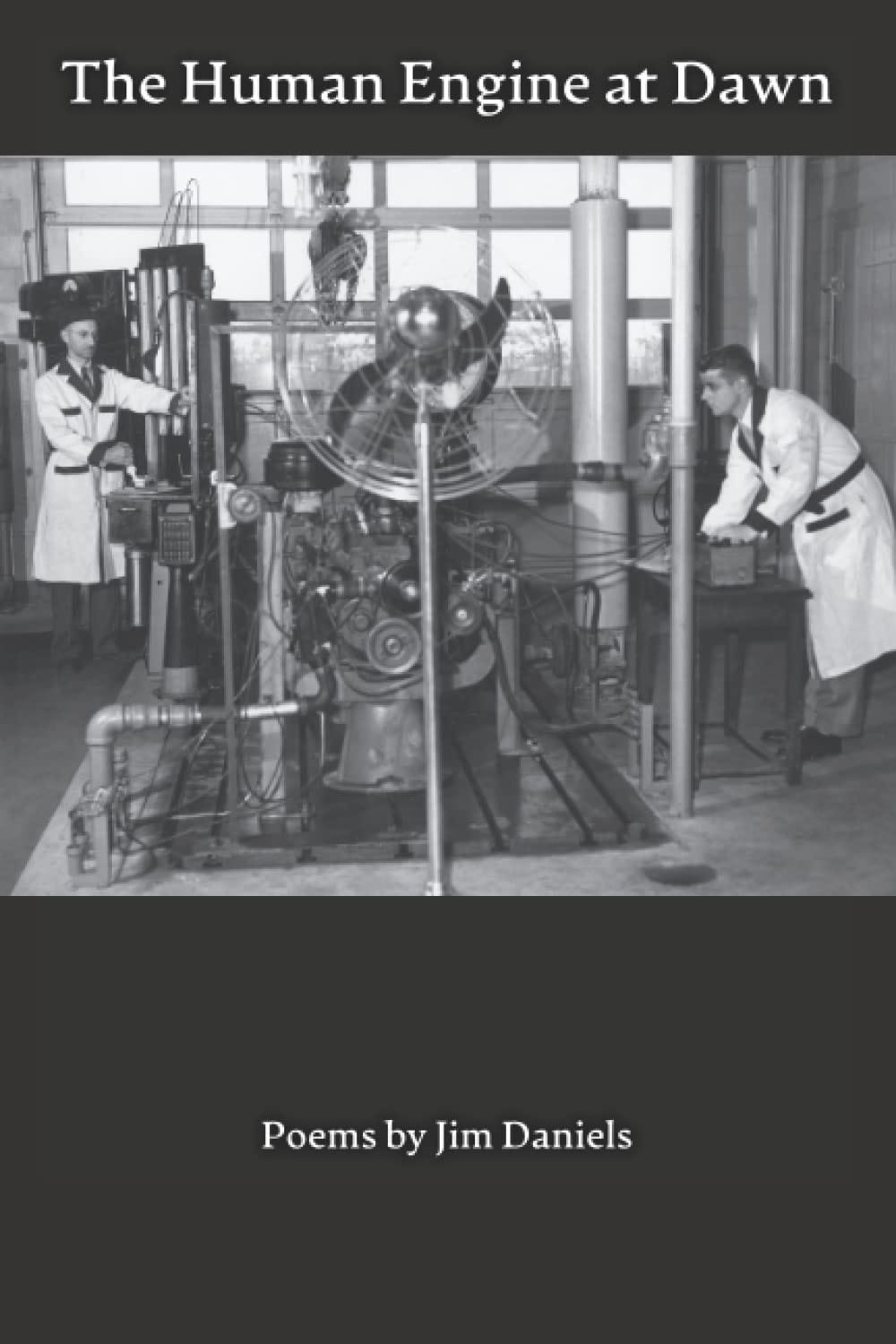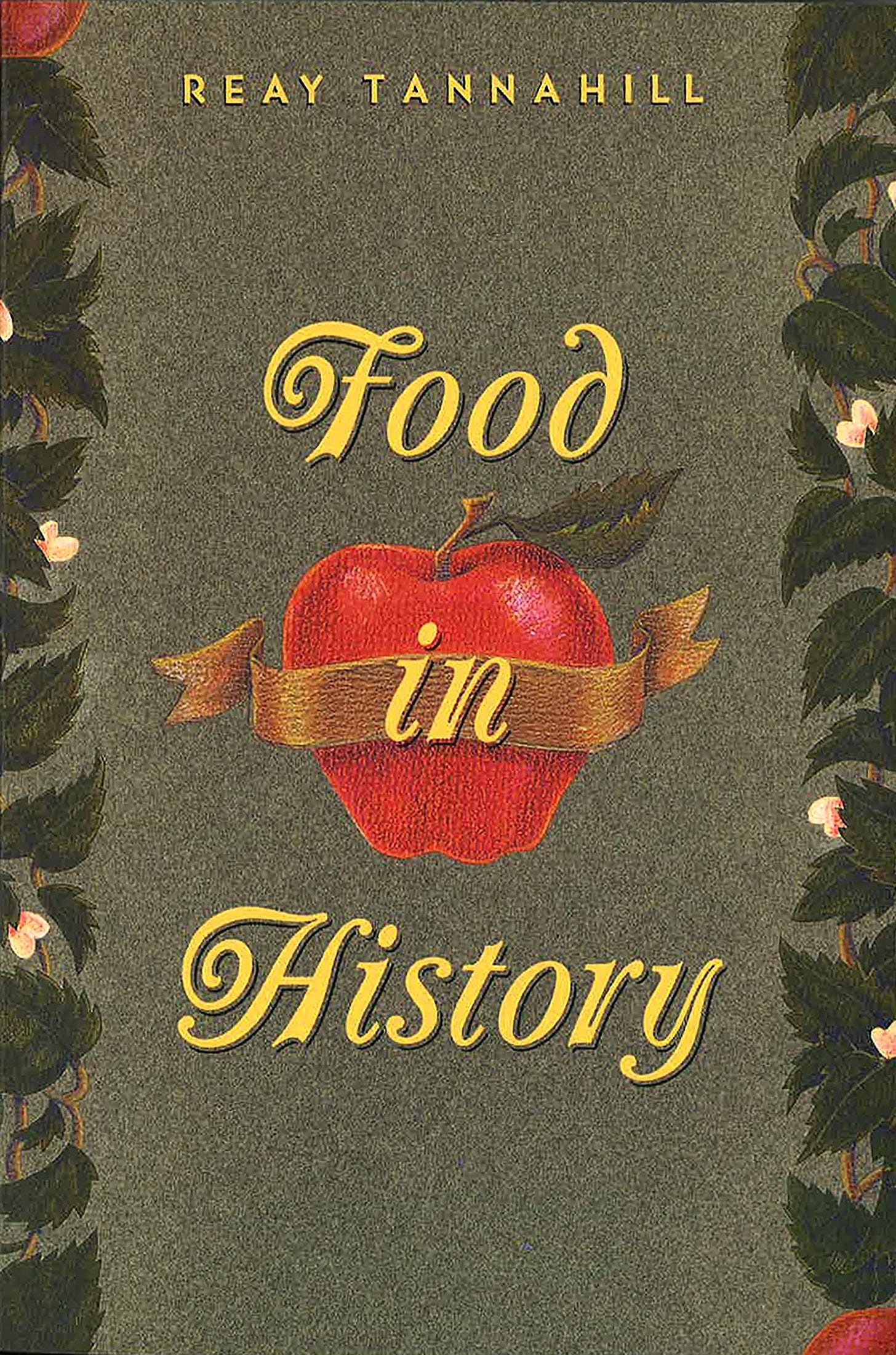Antioch is fallen.
It’s now called Antakya and it’s a city of ghosts.
From the New York Times:
Many were grappling with getting through another night. Cars were cold to sleep in and too small to hold most families. But they could be warmer than tents, which were just a thin layer masking the total devastation of the people inside.
Either was still preferable to a tarp, stretched over a bus shelter or held up by poles. No matter how much wood and trash the Antakyans burned to keep their families warm, it was still freezing cold.
“No electricity, no water, no toilet,” said Saba Yigit, 52, a nanny, giving special emphasis to the last item.
When we think of Turkey we think of ancient places, places built on an accretion of history so thick that we can easily forget the roots of civilization that found purchase there. We think of the Blue Mosque, the Souq, the muezzin calls. We think of endless time washing by on the Bosphorus, the ghosts of Crusaders outside of Constantinople.
We don’t think of Sabriye Karaoglan.
“While we wait for tents, we’ll die here in our chairs,” she said. She is 70. She’s sitting in the rubble of Antioch.
“No more Antakya,” said Kazim Kuseyri, 41, the owner of Antakya’s most venerable hotel, the Savon, who was sleeping in a car in the hotel’s courtyard along with about 25 relatives, staff members and their relatives and friends.
We’re going to lose so much in the coming decades. The earth is about to shake us off like fleas. We’re not welcome here and the water and the ground will usher us out.
We are vulnerable. If Antioch is vulnerable, if Kharkiv is vulnerable, if Lake Mead is vulnerable, if Laurinburg, NC is vulnerable, Palestine, Ohio is vulnerable, then we are all vulnerable.
The only recourse is to be kind and try to help, I suppose. Donate if you can. Antioch can fall. We’re next.
A small announcement. If you’re a writer, I built a tool designed to encourage beta readers. Beta reading is the process of sharing your work with friendly folks who will give you simple critiques and assistance, not full copy editing. The site is called BetaRead.me and it’s 80% done but I need beta testers.
Right now it’s completely free and if you post up a chapter or two I promise to read it and comment. My goal is to make it easy for people to connect with great beta readers and to create an alternative to Wattpad that is more competitive. Again, this isn’t a full editorial site, just a nice place to share your writing with friendly readers.
Please let me know if it loads for you, if it crashes, and what you think of it.
And now, onto the books.
I Die Each Time I Hear the Sound
Mike Doughty
My favorite band in the 90s was Soul Coughing. They were a New York trip-hop band with a decidedly melodic angle and they were led by songwriter Mike Doughty. Doughty has been through a lot and by the time the band broke up, at the height of its fame, the whole project turned into a mess.
Doughty just wrote a memoir about that time that is honestly inventive and truly lovely. He’s a great writer and each vignette is a self-contained story about Doughty’s journey. I was also lucky to interview him for my podcast and we talked about those years. If you’re looking for a time capsule of late 1990s New York up until just before the pandemic, this is a really nice book.
Mike also has a great Patreon and his new music is even better than the Soul Coughing stuff.
The Human Engine at Dawn
Jim Daniels
I studied under Jim Daniels, Sharon Dilworth, and Gerald Costanzo at Carnegie Mellon and I wanted to be like all three of them when I grew up. I was excited to see a new book by Jim last year. I’ll say that his voice is more resonant with me now that I’m a father and it’s grounded, fresh, and extremely moving. Here’s one poem:
Gospel
I saw the great blue heron today,
still, above the flat horizon, staring
as I passed on my bike. Some mornings
I admit, I scare it into rising just to see
those wide whispering wings spread
over grape vines clenched into earth
in bright green rows. Nothing is here
for my amusement. The heron fishes
in the small stream where the narrow road
turns. Easy pickings. Today, I don’t scare it.
My son dropped sticks off the narrow bridge
into that stream 20 years ago—a man now,
and I’m sad for it on days like this. Thousands
of miles away, he sings songs I’ve never heard.
Look, I’d say to him, and point. He’s not here
for my amusement, getting on with it, screwing up,
muddling through. We used to watch current carry
those twigs till they disappeared. Sometimes
it’s so quiet I can hear wings. The heron, straight,
graceful pin above flatlands along the stream.
To dig our roots deeper, or to fly? How to hide
nests, protect our young? My son is tall some-
where out there. We build nests one thin stick
at a time. The sticks never disappear. I don’t
want to live far from water. My amusement
is finite. Leaves on the vines redden
and wither while elsewhere fruit ferments
into wine. It’s an old story, I know,
but teach me the words, my son.
God, he’s good. Grab a copy.
Food in History
Reay Tannahill
This book from 1995 is about, well, food. It tells the history of food from its early years in the pre-history to its slow and steady rise the culinary efforts of today. Tannahill explores every corner of the earth and tells us all about the the sauces used in ancient Rome to the earliest forms of irrigation, growing, and cooking. It’s like a reading a cookbook without all those pesky recipes.








John, this is a fantastic issue. Thank you.
Hi John, betaread sound like a great idea. Is it for novelists ir for people writing short fiction as well?